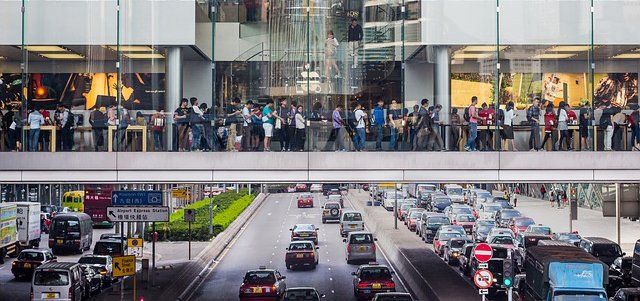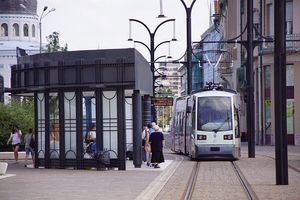
It is now just over one year since the return of Hong Kong to China. After the glamorous celebrations of the hand-over on 1 July 1997, Hong Kong has met many challenges. The greatest has been the shock wave from the economic crisis in south-east Asia. Hong Kong is still trying desperately to prevent a downward spiral in its own local economy.
Unemployment figures released in May showed that unemployment reached a high of 3.9% – a record for the last ten years. Many shops and restaurants have gone out of business. Property prices have dropped by at least 10-20%. For the 15,000 university students due to graduate this year, job prospects look grim – a 30% drop in the number of job vacancies is expected. The government of the Hong Kong Special Administrative Region (SAR) is working hard to provide accommodation for low-income families, including immigrants from Mainland China who continue to enter Hong Kong at the rate of 150 per day.
On 24 May the Hong Kong SAR had its first post-handover elections for the Legislative Council. Although criticized for falling short of an ideal democratic election, this symbolized the serious intention of the Chinese central government that Hong Kong will retain self-governing power.

Dramatic changes
One of the most dramatic changes since the hand-over has been the controversial policy of adopting the Chinese mother tongue in schools. With a few exceptions, it is now the medium of teaching in all secondary schools. Due to strong competition among students, entrance to English-medium schools became a stress factor for both students and parents. This new policy was met with strong opposition, especially from parents who equate learning English with better career prospects. From now on, Cantonese will be the teaching medium in most schools, and in addition Mandarin will be taught as a subject in all primary schools from this September. It remains to be seen whether standards of English, necessary to maintain Hong Kong’s place as an international commercial centre, will suffer as a result.
One of the greatest challenges faced by Hong Kong churches is the large influx of new immigrants from China. At least one-third are under the age of fifteen. As a result, the government estimates that the population will increase by two million over the next twenty years, placing further strains on social services and housing.
Unique needs
Few churches are equipped to serve this immigrant group, with its unique needs and concerns. However, many are willing to experiment with new approaches. We are beginning to see spiritual fruit where the love of Christ is expressed in very practical ways. In Hong Kong, the focus is still generally not so much on pioneer church planting as on maturing and perfecting existing believers. However, Hong Kong Christians are constantly being challenged to look beyond their own region. The momentum for cross-cultural mission continues to move this work forward following the hand-over.














